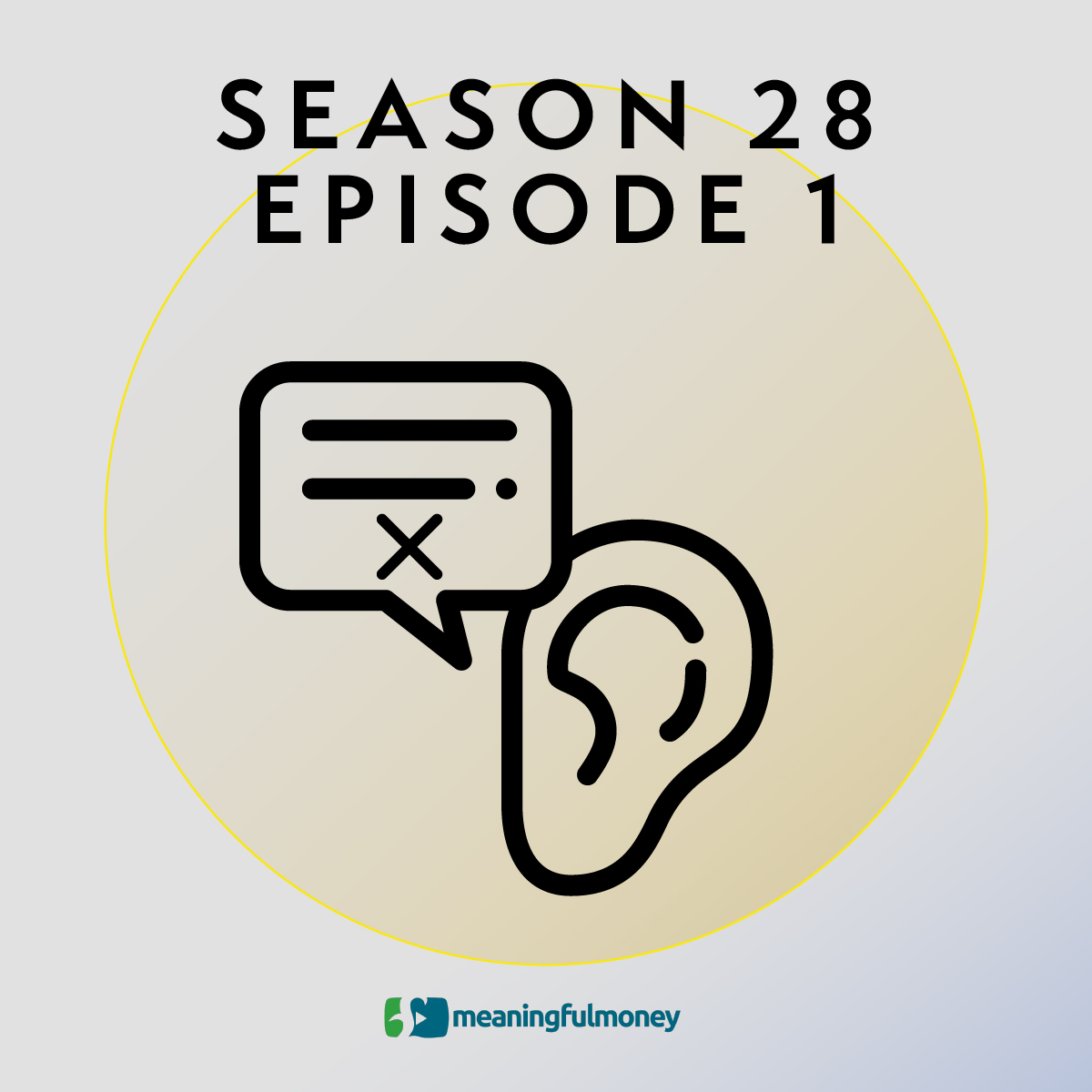Everything You Need To Know
- The wrong people are:
- People with no knowledge or experience
- Finfluencers
- Journalists/Media types
- The right people are:
- Qualified people
- Experienced people
- In truth, right/wrong is too binary
- Really there’s likely to be some good in most messages, but it may be buried deep.
- Instead of filtering the people, we should learn instead to filter the message.
Everything You Need To Do
- Develop filters
- Source Credibility: Expertise, Track Record, Bias and Intent
- Contextual Fit: Does the advice pertain to a situation similar to your own?
- Bias and Intent: Does the source have any potential biases or conflicts of interest that could affect the advice? Is the advice timely and applicable to your current stage or situation? Does the advice consider cultural, geographical, or environmental factors that are relevant to you?
- Personal Relevance: Values and Beliefs, Goals and Objectives, Capabilities and Resources
- Feasibility and Practicality: Is the advice actionable and practical given your current situation? Risk and Reward, Scalability
- Feedback and Outcomes: Is there evidence or testimonials showing that the advice has been successful for others in similar situations? Can the advice be modified to better suit your needs if necessary?
- Always fact-check
- Check credentials
- Cross-reference information – is it corroborated by other reliable sources?
- Evaluate the evidence for what’s being spoken about
- Check for bias and objectivity
- Use trusted platforms to fact-check
- Be sceptical of sensationalism
- Seek professional advice
- Trust your gut feeling, as long as it is informed. Our gut feelings can be good for avoiding obvious pitfalls, but scams are becoming more elaborate and with a greater proliferation of information, it can be hard to cut through the noise.
We need to accept responsibility for our own decisions, unless we’re engaging with a financial adviser because then they are taking responsibility – that’s the big benefit!





